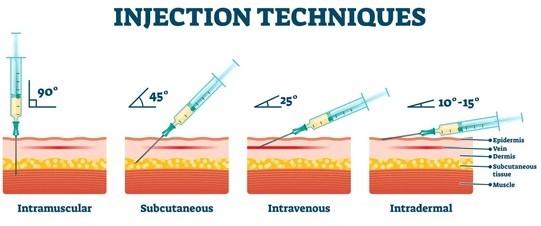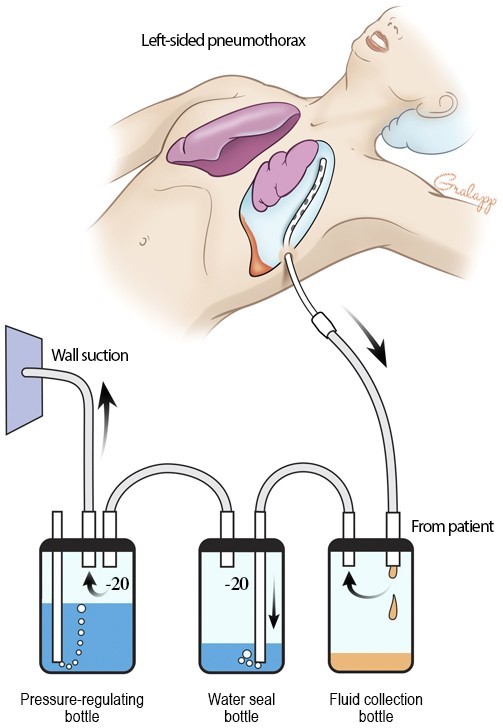A nurse is preparing to administer tetanus and diphtheria toxoids (Td) to a client. What technique the nurse should plan to use?
The Correct Answer is ["intramuscular injection technique"]
The Td vaccine is typically administered into the muscle, most commonly in the deltoid muscle of the upper arm for adults. The IM injection technique involves inserting the needle into the muscle and injecting the vaccine into the muscle tissue.

Nursing Test Bank
Naxlex Comprehensive Predictor Exams
Related Questions
Correct Answer is A
Explanation
Placenta previa is a condition where the placenta partially or completely covers the cervix, leading to vaginal bleeding. The bleeding is typically painless and bright red in color. This is an important finding that should be assessed and monitored closely.

A rigid abdomen is not a characteristic finding of placenta previa. It could be a sign of another condition such as placental abruption or uterine rupture, which are separate complications.
Fetal movement is not directly related to placenta previa. It is a normal finding and can vary depending on the gestational age and individual fetal patterns.
Placenta previa is not typically associated with persistent uterine contractions. However, it is important to monitor for any signs of preterm labor or other complications that could cause uterine contractions.
Correct Answer is A
Explanation
Ensuring the device is kept below the level of the client's chest is important to ensure that the drainage system functions properly by allowing the fluid and air to flow downhill. Placing the device below the level of the chest helps facilitate gravity drainage.

Continuous suction is required for proper functioning of the chest tube drainage system. Clamping the chest tube can disrupt the suction and impede the removal of air or fluid from the pleural space. Only in specific circumstances, such as when changing the drainage system or assessing for air leaks, may the healthcare provider request a temporary clamping of the chest tube.
Positioning the client semi-Fowler's, with the head of the bed elevated, can help promote lung expansion and improve oxygenation. The specific positioning may vary depending on the client's condition and the healthcare provider's recommendations.
The nurse should empty the collection chamber as per the facility's protocol, which typically includes monitoring the drainage and emptying it when it reaches a certain level. Regular emptying of the collection chamber helps maintain proper functioning of the chest tube system and allows for accurate measurement of drainage output.
Whether you are a student looking to ace your exams or a practicing nurse seeking to enhance your expertise , our nursing education contents will empower you with the confidence and competence to make a difference in the lives of patients and become a respected leader in the healthcare field.
Visit Naxlex, invest in your future and unlock endless possibilities with our unparalleled nursing education contents today
Report Wrong Answer on the Current Question
Do you disagree with the answer? If yes, what is your expected answer? Explain.
Kindly be descriptive with the issue you are facing.
